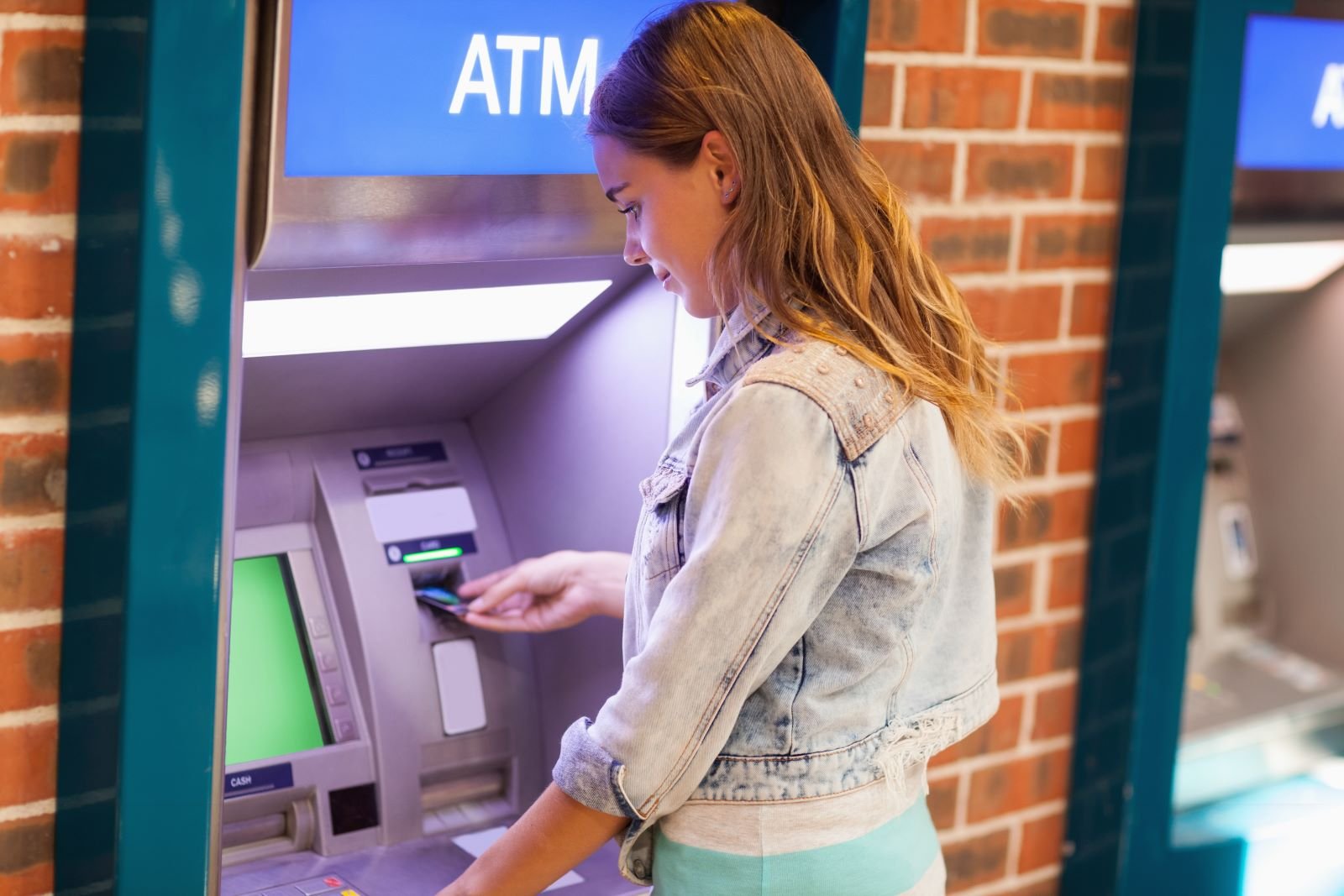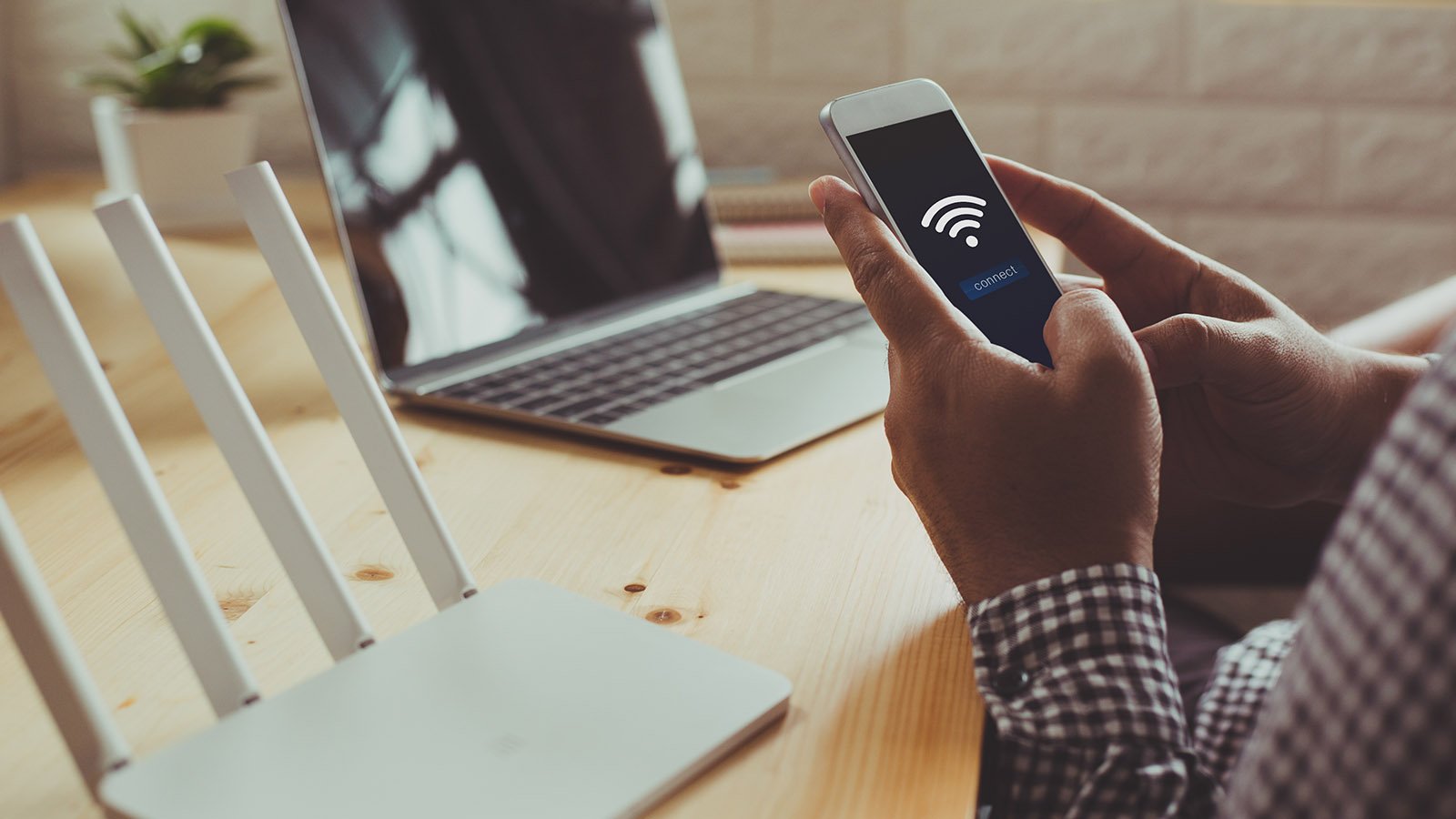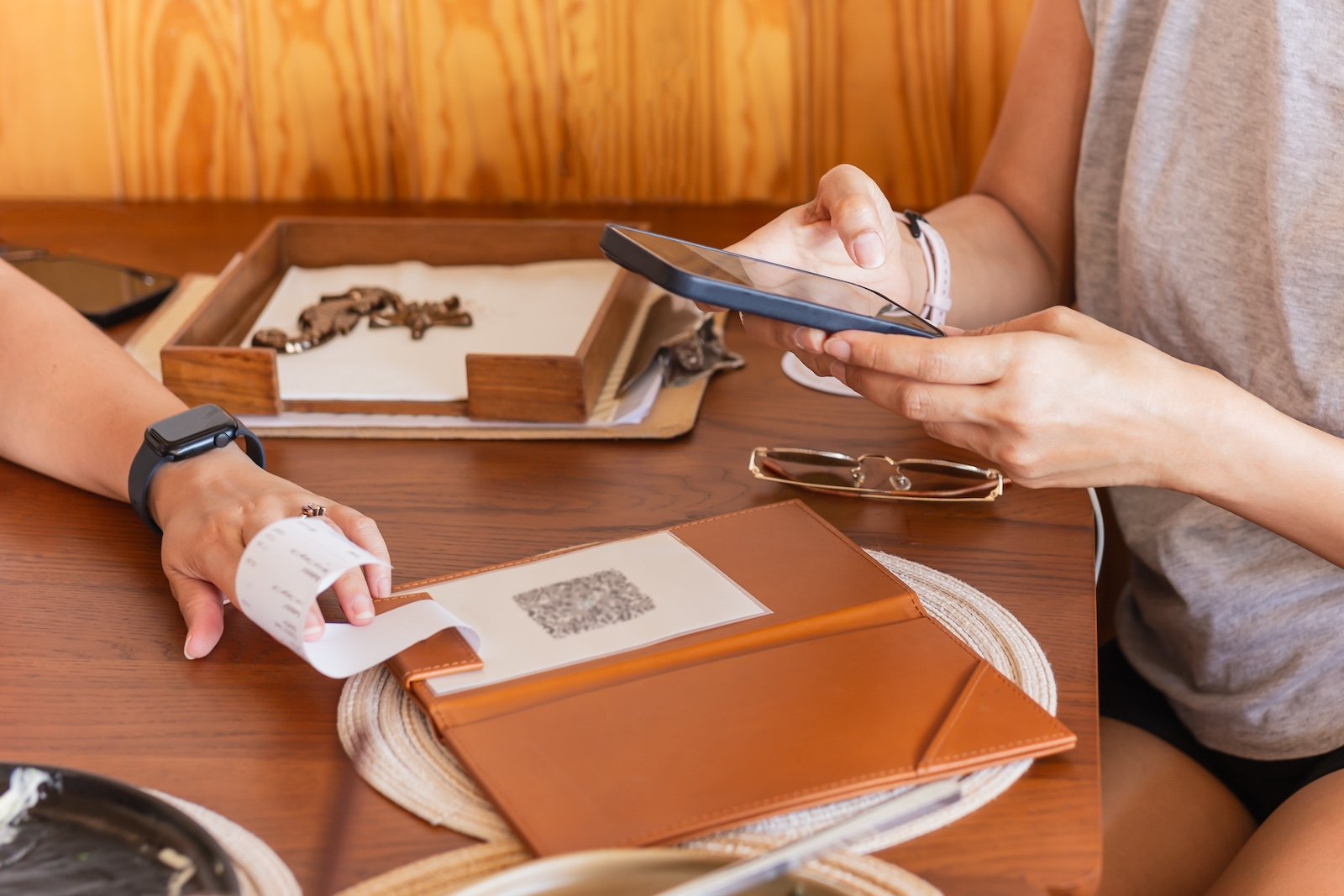Debit cards offer convenience, but they also come with significant risks. Misuse or negligence can lead to financial loss and identity theft. Here are essential precautions to keep your debit card safe and secure.
Don’t Ignore Bank Statements

Regularly checking your bank statements is crucial. Fraudulent activities can occur without your knowledge, and timely detection is key to mitigating potential losses. Make it a habit to review your transactions at least once a week. Early detection of suspicious activities can significantly reduce the risk of losing money.
Never Share Your PIN

Your personal identification number (PIN) is a gateway to your account. Keep it confidential and never share it with anyone. Avoid writing it down or storing it in easily accessible places. At ATMs and point-of-sale terminals, shield the keypad when entering your PIN to prevent shoulder surfing. According to FICO, debit card skimming almost doubled in 2023 compared to the previous year.
Avoid Using Debit Cards Online

Consider using credit cards for online purchases instead of debit cards. Credit cards offer better fraud protection, and disputes over unauthorized transactions do not immediately affect your bank account balance. According to the Federal Reserve Bank of San Francisco, checking for security symbols like an unbroken key or a padlock on websites can ensure encryption and safety.
Use Bank ATMs Only

ATMs in convenience stores, airports, and other public places are more vulnerable to skimming devices, which can steal your card information. Use ATMs at bank locations as they are more secure and monitored. According to Investopedia, skimming devices are less likely to be found at bank ATMs due to better security measures.
Avoid Public Wi-Fi for Financial Transactions

Public Wi-Fi networks are not secure, making it easier for hackers to intercept your information. Use a password-protected network for any financial transactions, including checking your bank balance or purchasing. This simple step can protect your sensitive data from cybercriminals.
Report Lost or Stolen Cards Immediately

If your debit card is lost or stolen, immediately report it to your bank. Quick reporting limits your liability and helps prevent unauthorized transactions. According to the Federal Trade Commission, reporting a lost or stolen card within two business days limits your loss to $50. Delayed reporting can increase your liability significantly.
Change Your PIN Regularly

RBI suggests that changing your PIN periodically adds an extra layer of security. Use unique numbers that are not easily guessable, and avoid using the same PIN for multiple cards. This practice reduces the risk of your card being compromised if one of your PINs is discovered.
Be Cautious with Contactless Payments

Contactless payments are convenient but can be risky. Ensure your card is protected with RFID-blocking technology to prevent unauthorized scanning. Be vigilant about where and how you use your card for contactless payments.
Use Strong Passwords and Security Questions

For online banking, use strong, unique passwords and change them regularly. Implement multifactor authentication where possible. Additionally, create unique security questions and answers to add another layer of protection.
Monitor Alerts and Notifications

Set up account alerts to receive transaction notifications. This feature helps you stay informed about any activity on your account and enables you to react quickly to unauthorized transactions. Banks often offer various types of alerts, including email and SMS notifications.
Beware of Phishing Scams

Phishing scams are on the rise that trick you into providing your card details. Be cautious of unsolicited emails, texts, or calls asking for your personal information. Verify the legitimacy of the source before sharing any details. Banks typically do not request sensitive information through these channels.
Limit Your Debit Card Usage

Consider limiting your debit card usage and rely more on cash or credit cards, especially for high-risk transactions. Debit cards directly access your bank account, and fraudulent activities can have immediate impacts. Using alternative payment methods can help mitigate this risk.
Check for Card Skimmers

Before using an ATM or card reader, inspect it for signs of tampering. Skimmers are devices attached to card readers to steal information. If something looks unusual or loose, avoid using that machine and report it to the establishment or bank.
File a Police Report When Necessary

If your debit card is stolen and used fraudulently, consider filing a police report. Having an official report can support your case when disputing unauthorized transactions with your bank. It also helps in documenting the incident for further legal actions if necessary.
Understand Your Bank’s Fraud Policies

Familiarize yourself with your bank’s policies on fraud protection and liability. Knowing the steps to take and the coverage provided can help you react appropriately in case of unauthorized transactions. Different banks have varying levels of protection, and being informed can save you time and money.
Avoid Using Debit Cards at Gas Stations

Gas stations are common places where criminals install skimming devices. These devices capture card information when you swipe your card. Use a credit card or pay inside the store whenever possible instead of at the pump.
Be Wary of Debit Card Use in Foreign Countries

Using your debit card internationally can expose you to higher fraud risks and may result in higher fees. Inform your bank of your travel plans to monitor unusual activity. Also, consider using a credit card that offers better fraud protection and lower foreign transaction fees.
Be Cautious with Restaurant Payments

Handing your card to a server or cashier, especially in busy restaurants, can increase the risk of card cloning or unauthorized transactions. Use contactless payment methods or pay at the counter to keep your card in sight whenever possible.


